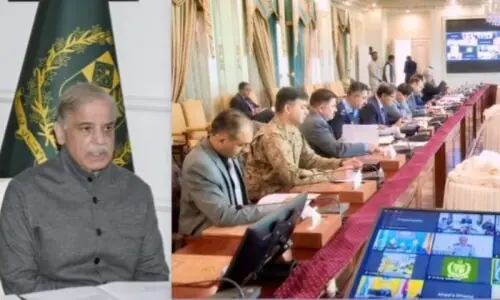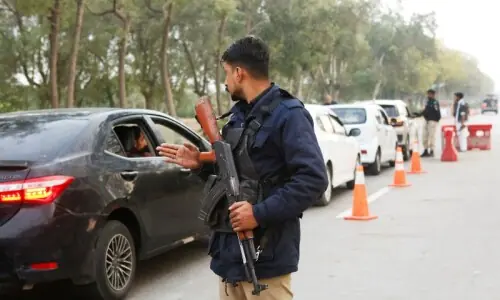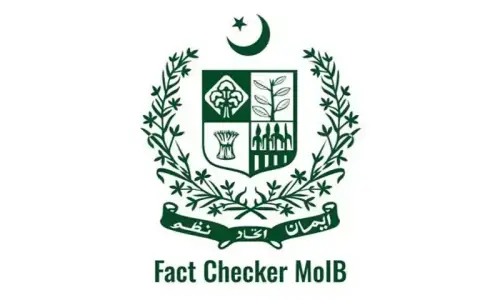BEIRUT: Lebanese leaders agreed to a new government led by Sunni tycoon Najib Mikati on Friday after a year of feuding over cabinet seats that has exacerbated a devastating economic collapse, opening the way to a resumption of talks with the IMF.
The breakthrough followed a flurry of contacts from France which has led efforts to get Lebanon’s fractious leaders to agree to a cabinet and begin reforms since last year’s catastrophic Beirut port explosion, senior Lebanese political sources said.
There was no immediate comment from the French foreign ministry.
In televised comments, Mikati’s eyes welled up with tears and his voice broke as he described the hardship and emigration inflicted by the crisis, which has forced three quarters of the population into poverty.
The biggest threat to Lebanon’s stability since the 1975-90 civil war, the crisis hit a crunch point last month when fuel shortages brought much of the country to a standstill, triggering numerous security incidents, adding to Western concerns and warnings of worse to come unless something is done.
Mikati and President Michel Aoun, a Maronite Christian, signed a decree establishing the government in the presence of Nabih Berri, the Shia speaker of parliament, the presidency said.
Mikati said divisive politics must be set to one side and that he could not go for talks with the International Monetary Fund only to encounter opposition at home.
He pledged to seek support from Arab countries, a number of which have shunned Lebanon because of the extensive influence wielded in Beirut by the heavily armed Islamist group Hezbollah.
Lebanon could no longer afford to subsidise goods such as imported fuel, he said, adding the country did not have the hard currency reserves for such support.
Addressing the daily hardships, he described how mothers had been forced to cut back on milk for their children. “If a mother’s eldest son leaves the country and she has tears in her eyes, she can’t buy a Panadol pill,” he said, referring to medicine shortages.
Mikati also said parliamentary elections scheduled for next Spring would go ahead on time.
Like the outgoing cabinet of Prime Minister Hassan Diab, the new one comprises ministers with technical expertise who are not prominent politicians but have been named by the main parties.
Youssef Khalil, a senior central bank official and aide to Governor Riad Salameh, was named finance minister in the proposed new cabinet line-up.
The heavily armed Islamist movement Hezbollah, a political ally of Aoun, named two of the 24 ministers.
Published in Dawn, September 11th, 2021
































